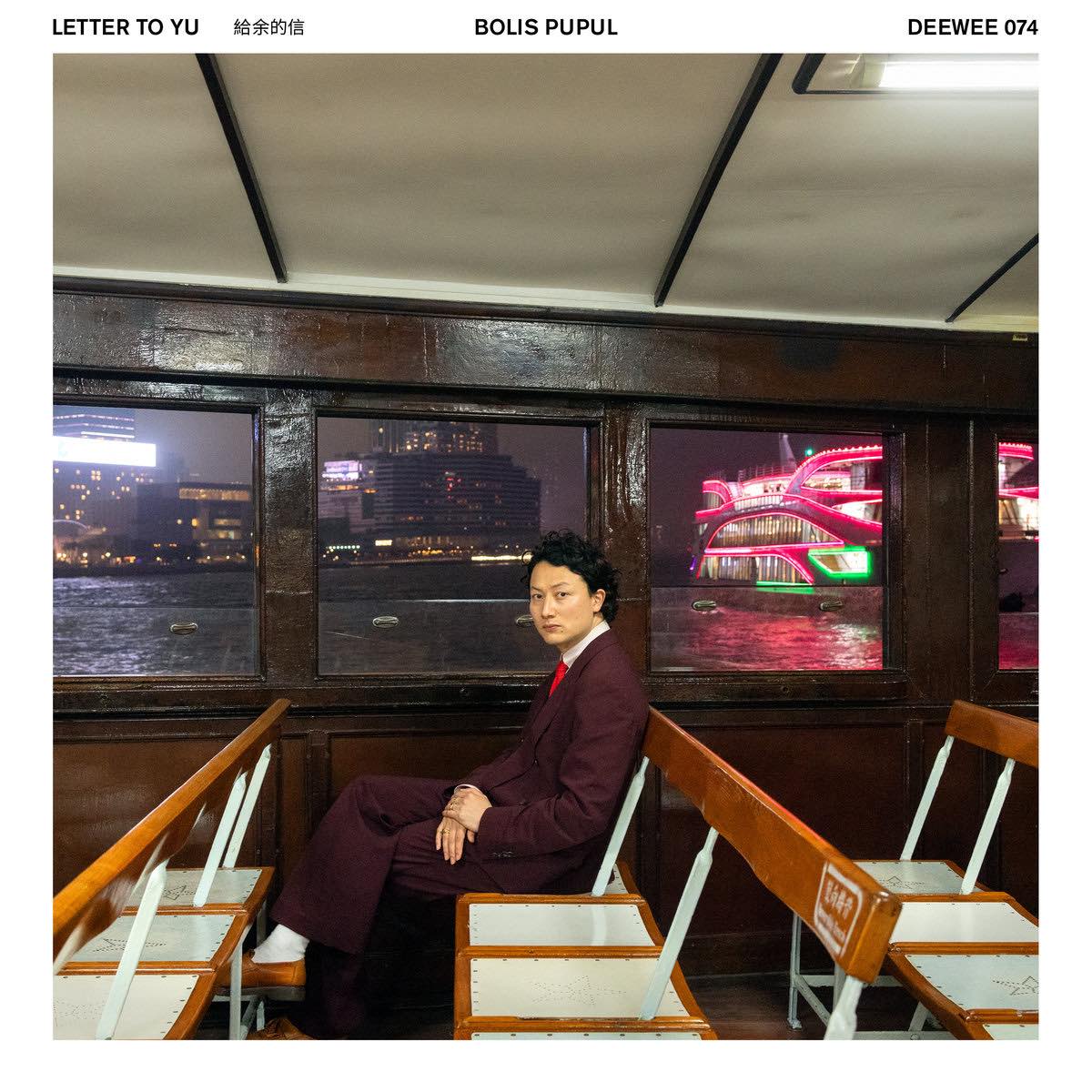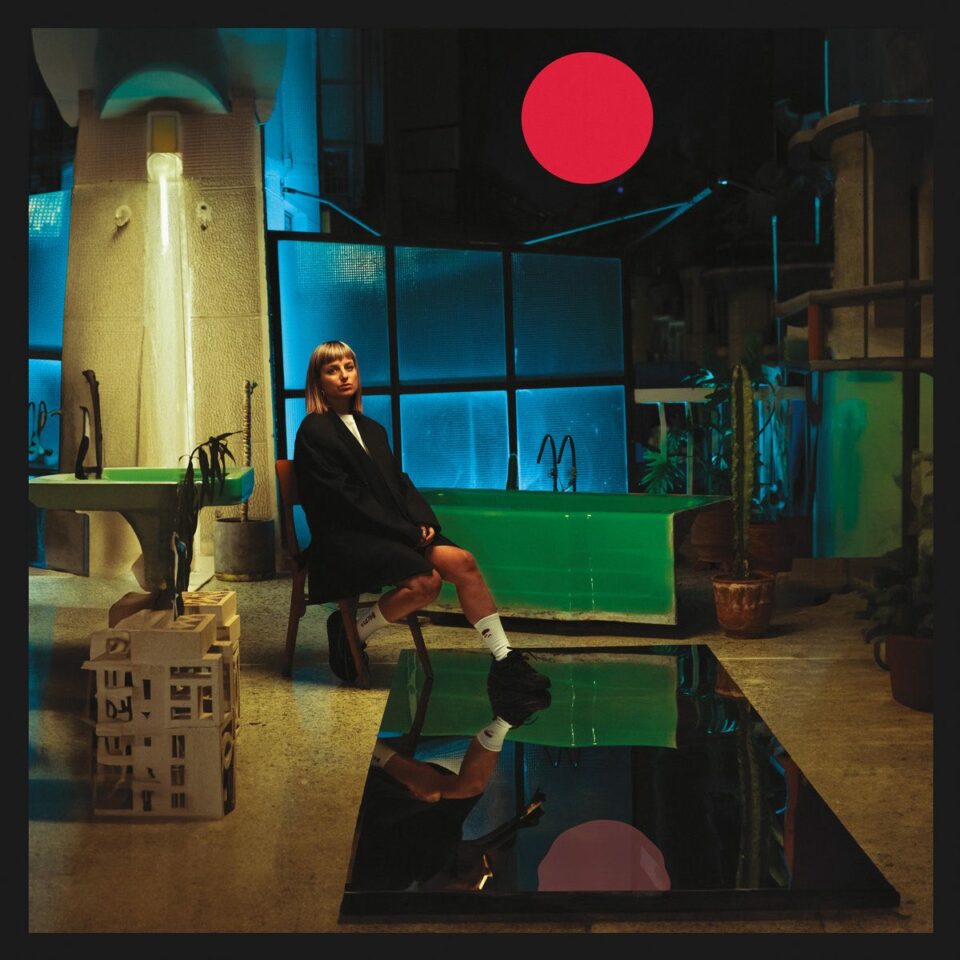Bolis Pupul
Letter to Yu
DEEWEE
On the opening title track from his debut solo album Letter to Yu, Bolis Pupul is processing a lot. The Belgian musician is traversing the streets of Hong Kong searching for his late mother’s origins, which in turn influenced his own. “Looking for an essence, but also searching for your roots / Your ancestors, the things you once left behind,” Pupul speaks, his voice pitched down to an unrecognizable cyborgian level. The white noise of a city in motion, simmering whispers, and bright chimes guide him over a rudimentary rhythm. This is the introduction to Pupul’s odyssey, but it feels like a momentary grounding akin to an elevator ride to your destination. “Without you, looking for my roots, my connections / I feel so sorry we couldn’t do this together,” he reflects at the end.
Letter to Yu speaks to life’s inspiring movement and color, which can feel shepherding in the wake of grief. If the title track is the prologue, “Completely Half” follows as the first chapter where Pupul reflects within a new bustling city, searching for the past while sitting with his present pain. “Stepping into this world / Thinking that it took me way too long,” he sings in a gentle, anxious tone as synths slice and glide, hinting at the flourishes of New Order or Kraftwerk. It’s one of the few instances on Letter to Yu where Pupul directly narrates his experience with this sense of vulnerability as the themes of grief, shame, and otherness get transformed into a euphoric release. And it’s only the beginning.
The rest of Letter to Yu is an electronic translation of realizations in loss and new sensations experienced from his mother’s homeland. The album’s most captivating moments are when Pupul documents his senses the way one might recall their dreams. An unforgettable dining experience (“Spicy Crab”), comments from a licensed physician (“Doctor Says”), and an amphibian’s call (“Frogs”) become whimsical arpeggios aided by steam-punching drums, or mystified with metallic, flubbery pulses.
Letter to Yu might be Pupul’s first solo album, but it follows his 2022 collaborative project Topical Dancer with Charlotte Adigéry. That record proved that heavy, uncomfortable topics can still be fodder for mesmerizing dance music. Pupul maintains that charged emotionality on Letter to Yu, but with potent unguardedness and capriciousness rather than confronting humor. “There was a weird kind of recognition when I entered Hong Kong for the first time, on a cellular level,” Pupul said of his experience making this album. “There’s this kind of memory in our bodies that we pass on for generations.” This juggling of past, present, and future emotions makes his debut feel layered, complex with every listen.
Most of Pupul’s performance on Letter to Yu feels as though he’s expressing his Hong Kong experience in the present tense. The record is proof that communing with humanity and documenting it through one’s own creative voice is a form of honoring one’s memory and the physiological phantasms extreme emotions might lead us to experience. Although Pupul began his journey with unease and grief, by album’s end it becomes clear that he understands that the loss of a loved one’s physical presence isn’t the end of that relationship.
The momentum of the album is fenced in by opener “Letter to Yu” and closer “Cosmic-Rendez-Vous.” Both represent transitory states, a resting heart rate before life chases you into action. The latter raises the question, in Dutch, of contributing “to the creative pool of the universe so that something remains permanent after you leave this planet.” The ascending tinny piano and ruminative tinkering beat don’t indicate a finite conclusion. That said, it’s comforting that Letter to Yu feels like an ongoing conversation rather than strictly a goodbye.









